My Grandpa Casebier climbed down from his tractor and took a nap every day. Grandma Casebier called him lazy for the sixty-plus years he did so.
In the early 80's, I tried a workers' compensation case in front of an elderly judge who broke each day at noon. Now it is true the "two day trial" lasted a week, but I still think the quality of justice was higher than usual. My opposing counsel was not rested; he complained all week and drove an hour back to his office to work the rest of the day. I took a nap and a swim and read over the work for the next day. I recommend this approach to the judiciary; most of the rest of the week after a two day trial is needed for recovery anyway.
I love nap stories. When George McGovern called LBJ to ask Johnson for advice in his campaign for the presidency after McGovern won the democratic nomination, Johnson told him to take nap in his pajama's every day.
I was discussing naps with Dan Boyd today. (We once were young enough we talked about girls, then politics, then law and now naps-are these the passages in life?). Dan relates John Kenneth Galbraith nap stories. Galbraith who died at 97 took daily naps, even during busy periods such as when he was John Kennedy' ambassador to India. President Lyndon Johnson called Galbraith during a nap and Galbreath's housekeeper refused to interrupt his nap.
So do naps help you live longer? I don't know, but I like this quote:
The recent study following nearly 24,000 people for on average 6 years found that those who regularly took midday naps were nearly 40% less likely to die from heart disease than non-nappers. Researchers suggested siestas might protect the heart by reducing stress hormones levels. They found "people who took at least three naps per week lasting 30 minutes or longer had a 37% reduced risk of death from heart disease than their non-napping counterparts. Those subjects who occasionally took short naps lasting less than half an hour had a 12% lower risk than people who never napped... The results suggest that taking naps might be
just as important to protecting the heart as other measures, he says, including eating right and taking cholesterol-lowering drugs... http://ajpendo.physiology.org/cgi/content/full/292/1/E253
My friend Paul, the Lebanese Arabic Scholar, regularly slips away for his naps. He seems to me one of the saner guys in either courthouse.
Apparently there is some contrary evidence. Retirees who sleep a lot during the day don't seem to do very well.
But over all, nappers appear to be more productive, healthier, happier and longer lived than non-nappers. Of course there is a difference between causation and correlation. It may be that people who are productive and happy, give themselves a break and take a nap. It may be that those who work in the meat packing plants and field labor and other hazardous jobs don't get a chance to nap.
What is the downside to spending all that time napping? I hear plenty of anecdotes about super-achievers who slept three hours a night for a lifetime and used every waking hour to do things like cure cancer, write the great American novel or win the Nobel Peace Prize. Maybe so.
My sense, though, is that no normal lifespan is really long enough to accomplish much. Certainly, not without extraordinary skills (I may have some, but they have not yet surfaced in the first 57 years). So, barring the tyranny of man or circumstance, I'll be napping every day at about 3 pm.
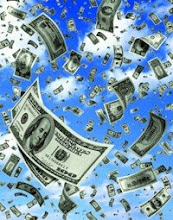
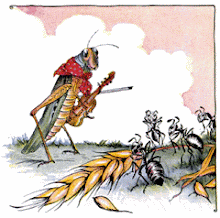













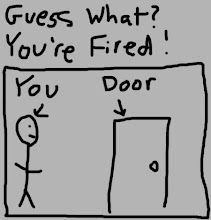
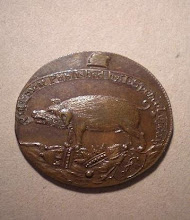









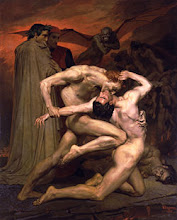_-_Dante_And_Virgil_In_Hell_(1850).jpg)











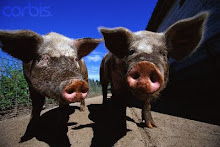



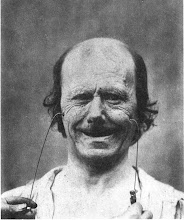
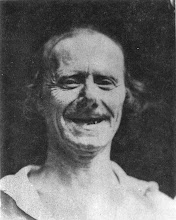


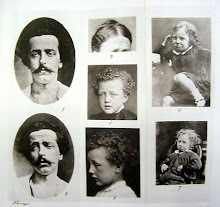





















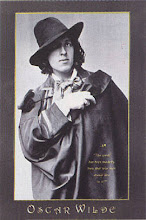
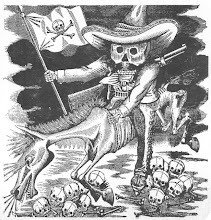












1 comment:
"The Uberman sleep cycle replaces 8 hours of shut-eye with six 20-minute naps, yielding huge time savings to invest in waking accomplishments....
Leonardo da Vinci is said to have followed a sleep pattern akin to Uberman. Maybe that's what allowed him sufficient time to design prototypical versions of the helicopter, hang glider, parachute, and submarine, and paint the Mona Lisa and Last Supper. In fact, geniuses and military leaders throughout history have been linked with polyphasic and unconventional sleeping habits -- Napoleon, Thomas Edison, Nikola Tesla, and Winston Churchill, to name a few."
http://www.menshealth.com/cda/article.do?site=MensHealth&channel=health&category=other.diseases.ailments&conitem=f5802c4d88ee9110VgnVCM10000013281eac____
i've looked into the Uberman sleep cycle. i've read that days 3 to 10 are the hardest. it sounds like a good idea, but i don't think that i have the mental stamina to get over the hump.
Post a Comment